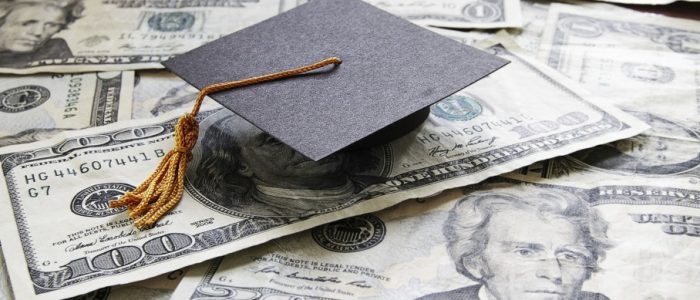Colleges are not delivering basic economic return to students leaving the financially unstable rather than those who do not attend post-secondary education.
A recent report, published by the Institute for Higher Education Policy, analyzed publicly available data and found that the average student at 507 U.S. schools earns less economic return than the typical high school graduate in their state, plus enough to recoup their investment in higher education within 10 years. These colleges enroll around 1.5 million undergraduate students and these students are at risk of receive less than the bare minimum economic return.
While the majority of schools meet the minimum economic return threshold, determining the value of a college education is more complex. The report also considers factors such as whether students reach average economic return in their field of study and if colleges help students move up the income ladder.
Mark Huelsman, Hope Center at Temple University director, suggests that when evaluating the effectiveness of the college finance system, policymakers and stakeholders should consider measures beyond basic economic return.
The ongoing debate about the government’s role in addressing college affordability and student debt revolves around the economic return value that college provides, especially for marginalized groups. There proposals to increase government investment in higher education, suggesting that doubling the maximum Pell grant would enable more colleges to offer a minimum economic return to students.
Implementing a first-dollar free college program does not directly address whether colleges that does not provide a minimum economic return adequately for preparing students for the job market. The analysis found that colleges of all types, including private non-profit colleges and public colleges, are not providing a minimum economic return.
Increasing government investment could potentially help colleges that struggle in this aspect, especially community colleges, regional public colleges, and Historically Black Colleges and Universities, which often have fewer resources to support students in achieving decent paying jobs.
Assessing whether students and their families are able to build wealth, experience satisfaction in their lives, make choices aligned with their college education, and achieve economic security is important.
READ MORE: Colleges educating more than 1 million students are leaving them financially worse off
























